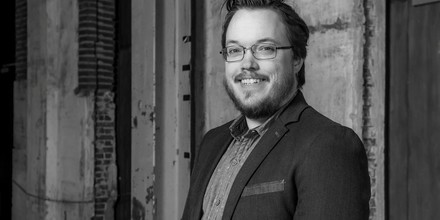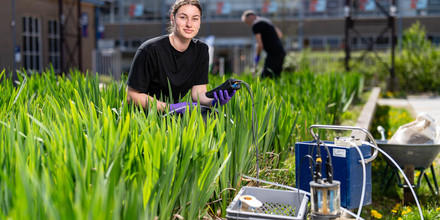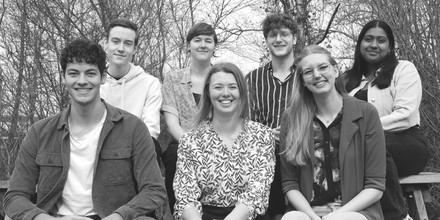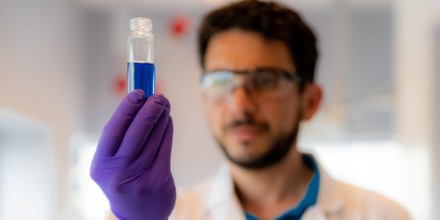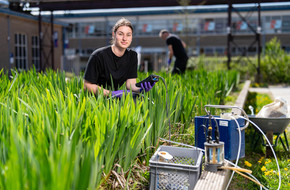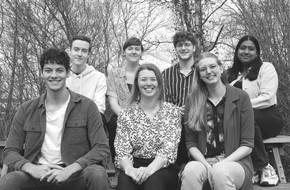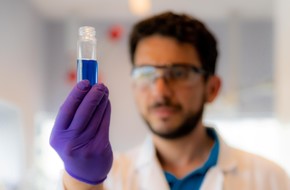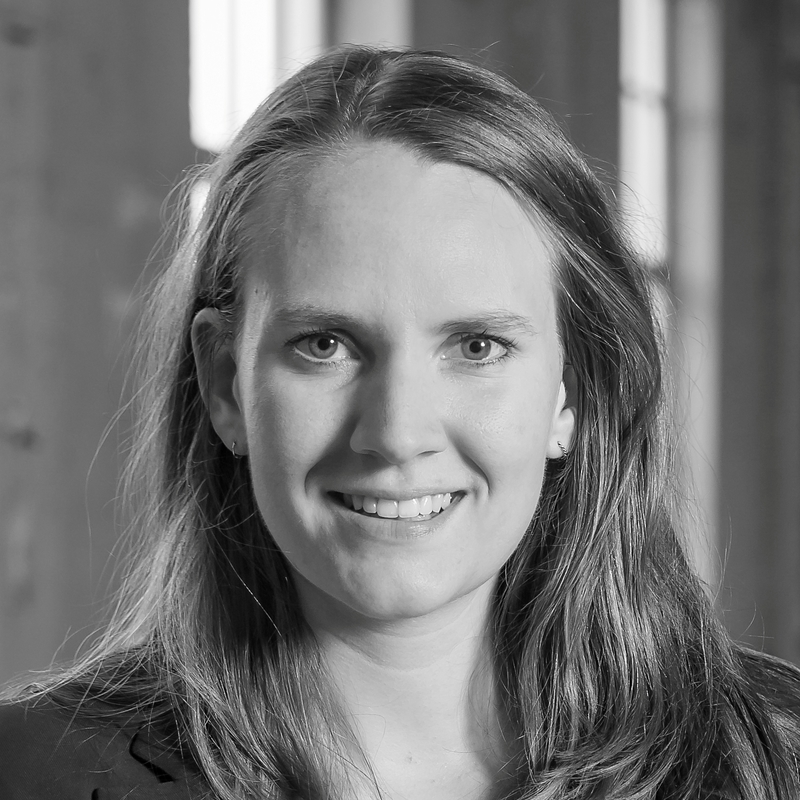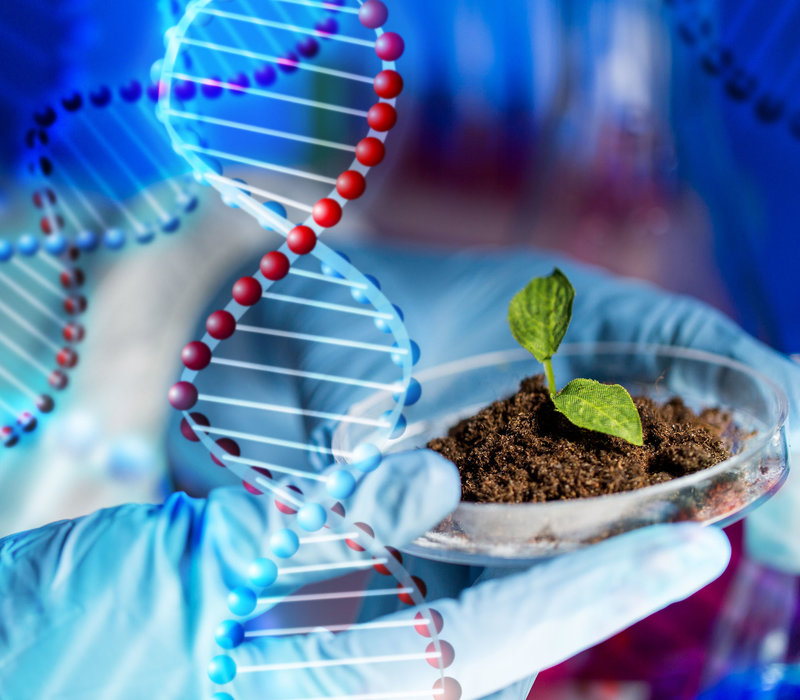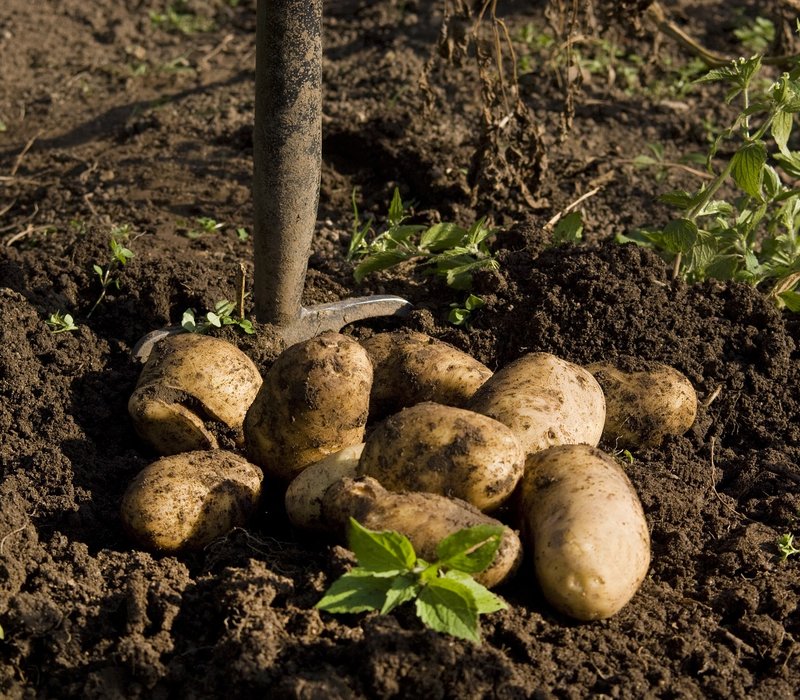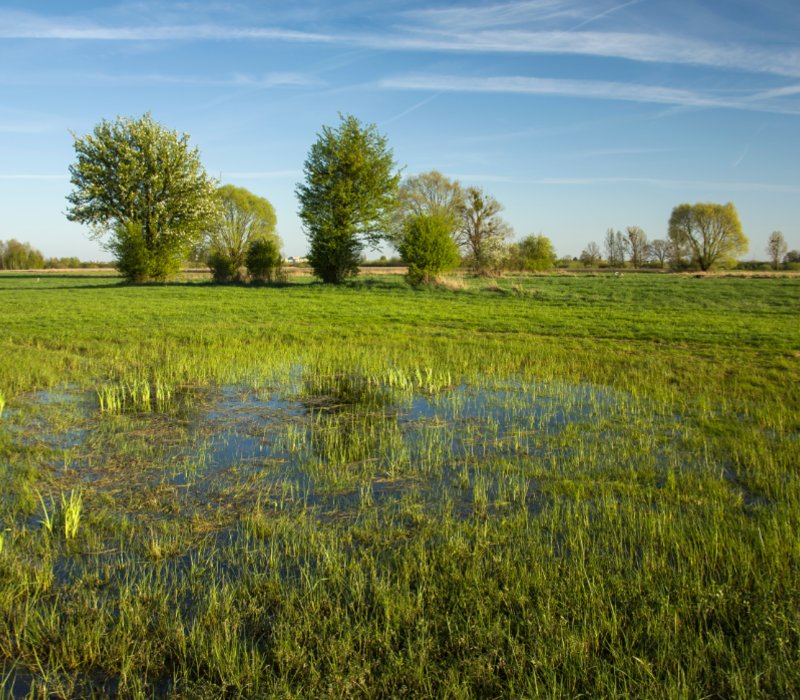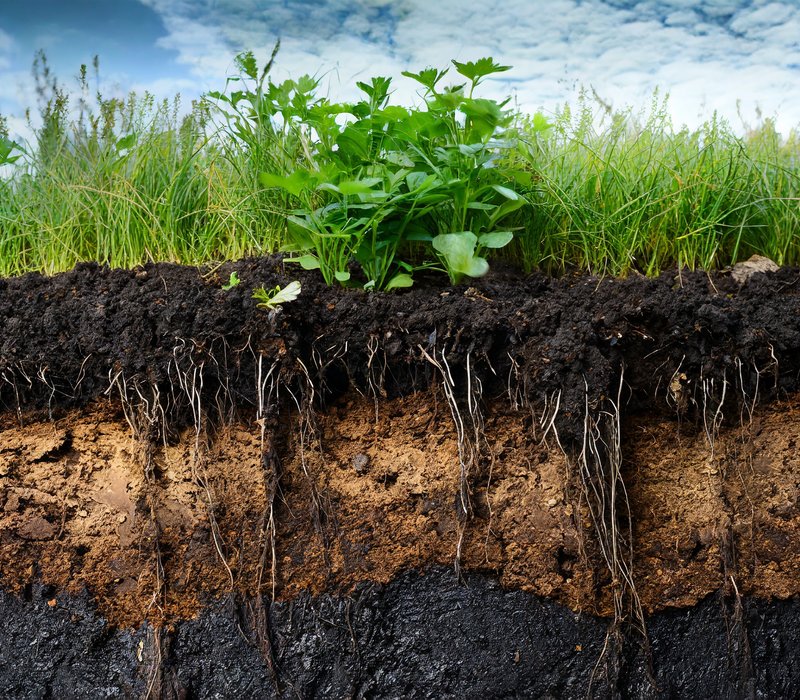Northern Cooperation project: in-depth research into soil resilience
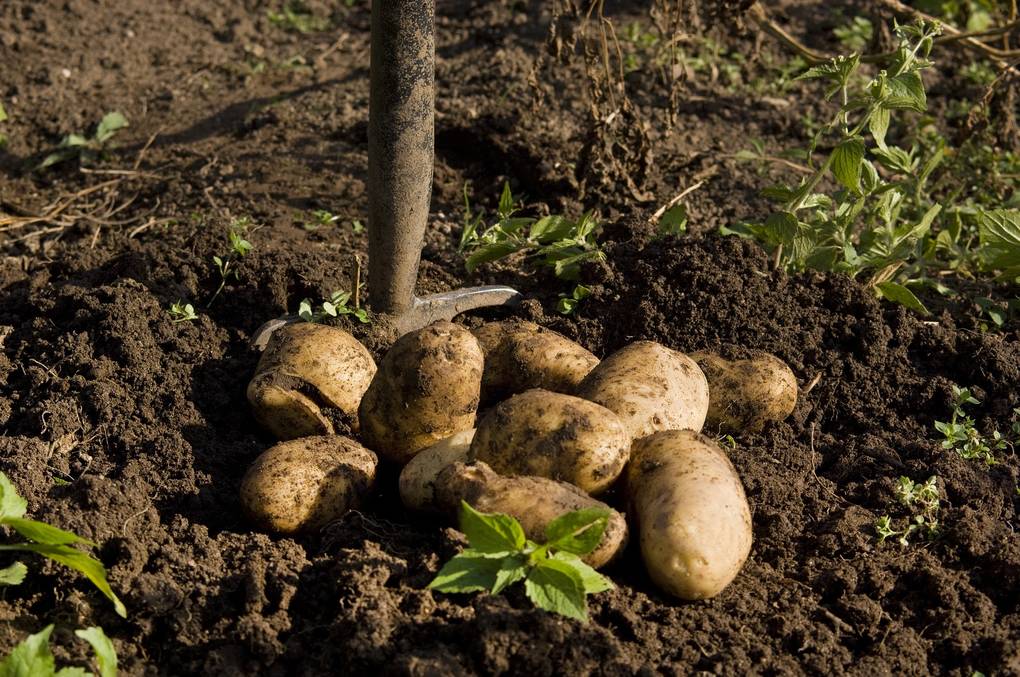
At the initiative of the three Northern provinces in the Netherlands and in collaboration with HBL bv, and The Potato Valley, we are investigating whether we can develop new and affordable testing methods for measuring soil health
With this initiative, the Provinces want to support the agricultural sector in its pursuit of a more sustainable and future-proof agriculture.
Looking at the soil differently
Traditionally, the chemical and physical composition of agricultural land is measured in order to determine soil quality. These parameters are certainly important for soil health, but there is more to the soil than that. Huge amounts of fungi, bacteria and other micro-organisms that live in the soil play an essential role. They provide resistance to different types of disease and make nutrients available for plant growth, but they can also be responsible for causing disease.
New methods to measure soil quality
We need new, smart testing methods to diagnose the biological quality of the soil. In order to do this the first step is to collect data and map out which fungi, bacteria, etc. ensure that the soil is healthy and resilient. When we know the profile of a healthy soil, we can find out which measures are needed to improve the condition of an “unhealthy” soil.
In the coming years, plots with and without diseases will be sampled to collect useful data. For example, we will examine the microbial differences between plots with parasitic nematodes and those with good nematodes. Bioclear earth will use this data to develop a Soil Microbial Resilience test. In the future this test can be used to score soils for disease resistance. The collected data can also serve as a basis for the development of an affordable nematode indicator test by HLB. In addition, demonstration tests will be conducted to measure the effects of, for example green manure.
Sharing knowledge: a resilient soil is a future-proof soil
The knowledge that we gain within this project will be shared in study groups and meetings in the coming years. With the results of this project, we hope to be able to offer the agricultural sector practical and usable knowledge and thus contribute to a resilient and future-proof soil.

